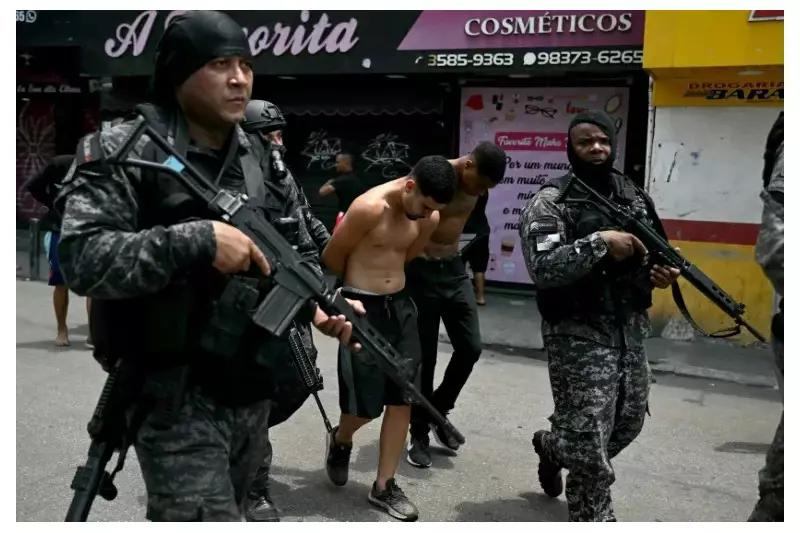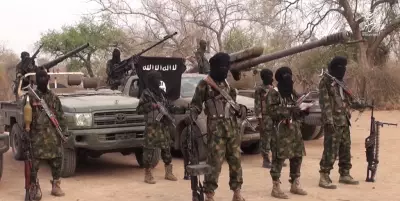
Rio de Janeiro witnessed one of its most violent police operations in recent memory as approximately 2,500 heavily armed officers stormed the Turninga favela in a massive anti-drug raid that left at least 64 people dead.
Warzone Conditions in Residential Areas
The densely populated neighborhood transformed into an urban battlefield as elite police units engaged in intense firefights with well-armed drug traffickers. Residents reported hearing continuous gunfire and explosions that lasted for hours, forcing many to shelter in place while the violence unfolded around them.
Massive Police Mobilization
Brazilian authorities deployed an unprecedented show of force for the operation, including:
- Special operations units with military-grade equipment
- Armored vehicles and helicopters
- Intelligence and tactical support teams
- Multiple police corporations working in coordination
Human Cost of the Operation
While police described the raid as necessary to dismantle a major drug trafficking network, the high death toll has raised concerns among human rights organizations. Local hospitals reported being overwhelmed with casualties, though the exact breakdown between suspect and civilian casualties remains unclear.
Historical Context of Favela Violence
This operation represents the latest chapter in Rio de Janeiro's long struggle against drug-related violence in its favelas. These densely populated informal settlements have often been caught in the crossfire between security forces and powerful drug cartels that control territory in the city.
Eyewitness accounts described scenes of chaos and terror as the operation unfolded. "We thought it was the end of the world," one resident reported. "The shooting was so intense we couldn't even leave our homes to get food or water."
Brazilian officials have defended the operation as necessary to combat the growing power of drug organizations in Rio, though the methods and outcomes continue to spark debate about security policy in the country's most famous city.





